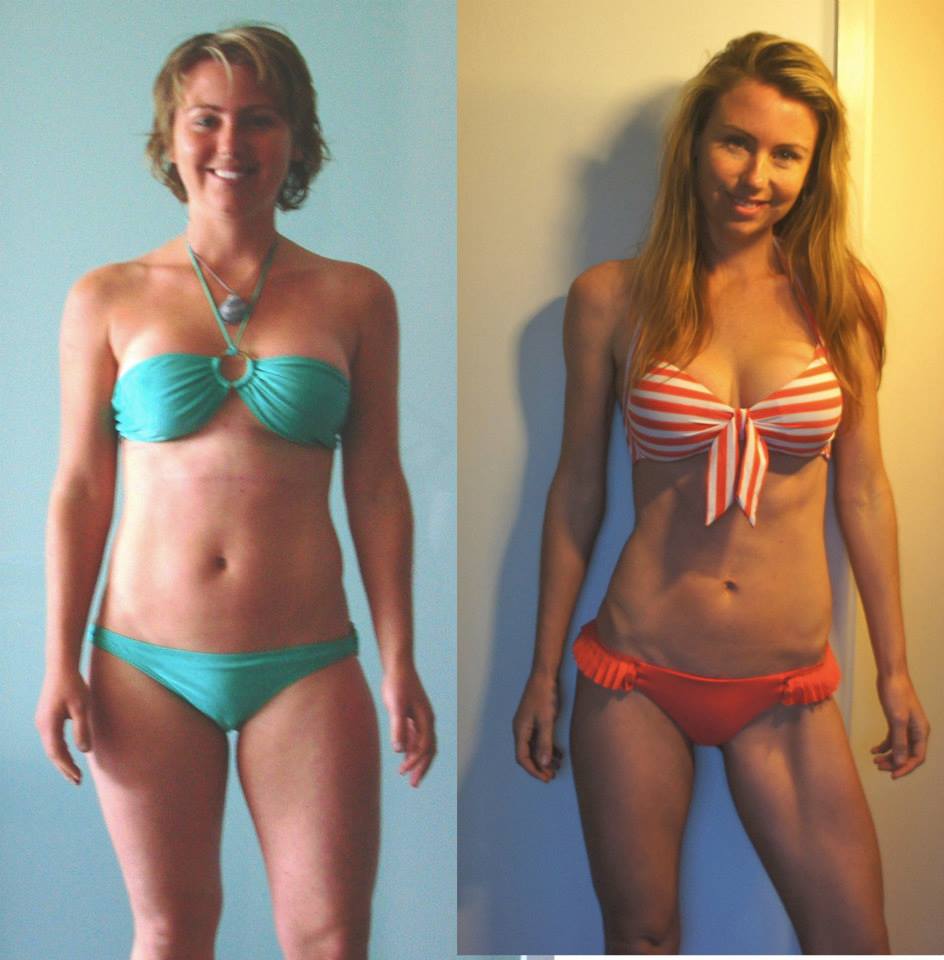By Akhwinder Kaur Chahal
I was 20 when I first came across the hashtags ‘#fitspo’ and ‘#fitspiration’ on Instagram. Usually, they were accompanied by images of toned, skinny social media celebrities in Lululemon leggings, Adidas sports bras and Nike Roshes posing with their meticulously crafted acai bowls. Upon checking the follower lists of these social media celebrities, I realised they had large followings of youth, particularly teenaged girls. Even now, when I come across such images or messages on social media, I feel sadness and a twinge of anger. I’ve seen my sister weigh almonds for dinner. I’ve had my best friend call me at 2 in the morning because she was unhappy with her body. Both disguised their eating disorders with eating clean and exercising regularly.
At what point do we draw the line between a healthy lifestyle and an unhealthy obsession? Seeing my loved ones being slaves to their bodies and their minds made me feel helpless, but realising that there were thousands of impressionable teenagers who were in the same situation made me angry. The convergence of social media and the health and fitness industry has normalised and supported an unhealthy lifestyle, raising serious questions over the seemingly beneficial influence of a healthy lifestyle on youths’ body image and well-being.
With 71% of teenagers using more than one social media platform, these websites have revolutionised the manner in which we construct and articulate our identities. On social media sites, the ‘eating clean’ movement has become synonymous with adopting a highly restrictive vegan and gluten free diet free of processed food. While substituting processed foods with fresh fruit and vegetables is undoubtedly healthy for the body, issues arise where skinny and fit social media celebrities without proper backgrounds in nutrition carve out entire careers for themselves by supporting and profiting off pseudo-science fad diets at the expense of their audience.

Freelee the Banana Girl is one such social media celebrity. She has over 200,000 followers on Facebook, and at her peak had over 500,000 followers on Instagram. She claims that a raw vegan diet, similar to the diet prescribed in the food pyramid she created (as shown above), has cured her of depression, chronic fatigue, irritable bowel syndrome, and has aided in her weight loss. On her website, rawtill4diet.com, she sells her ebook where, living up to her moniker, she advocates eating up to 30 bananas daily. In a YouTube video garnering more than 1,000,000 views, Freelee eats 51 bananas within a day. However, medical experts have linked the ingestion of large amounts of potassium found in bananas to heart ailments such as irregular heart rhythms and cardiac arrest, and have denounced this diet.
Interestingly, Freelee herself has openly admitted to her battle with anorexia and has attributed overcoming her eating disorder to her vegan diet. That being said, fad diets such as this have not only been used by those with eating disorders who mask their unhealthy eating habits under the guise of ‘eating clean’, but have also triggered eating disorders in previously healthy individuals. According to Steven Bratman, M.D., M.P.H., raw food vegans in particular have a high potential of developing Orthorexia Nervosa, an eating disorder where individuals adopt a highly obsessive and restrictive diet free from ‘unhealthy’ foods. While motivated by health, poor self-esteem and the desire to be thin also underpin this eating disorder.

About the Author: Akhwinder is is a caffeine-fuelled sociology major from the Nanyang Technological University. She dreams of a world without walls, where everyone is treated equally. Until then, she will continue to challenge gender stereotypes.
